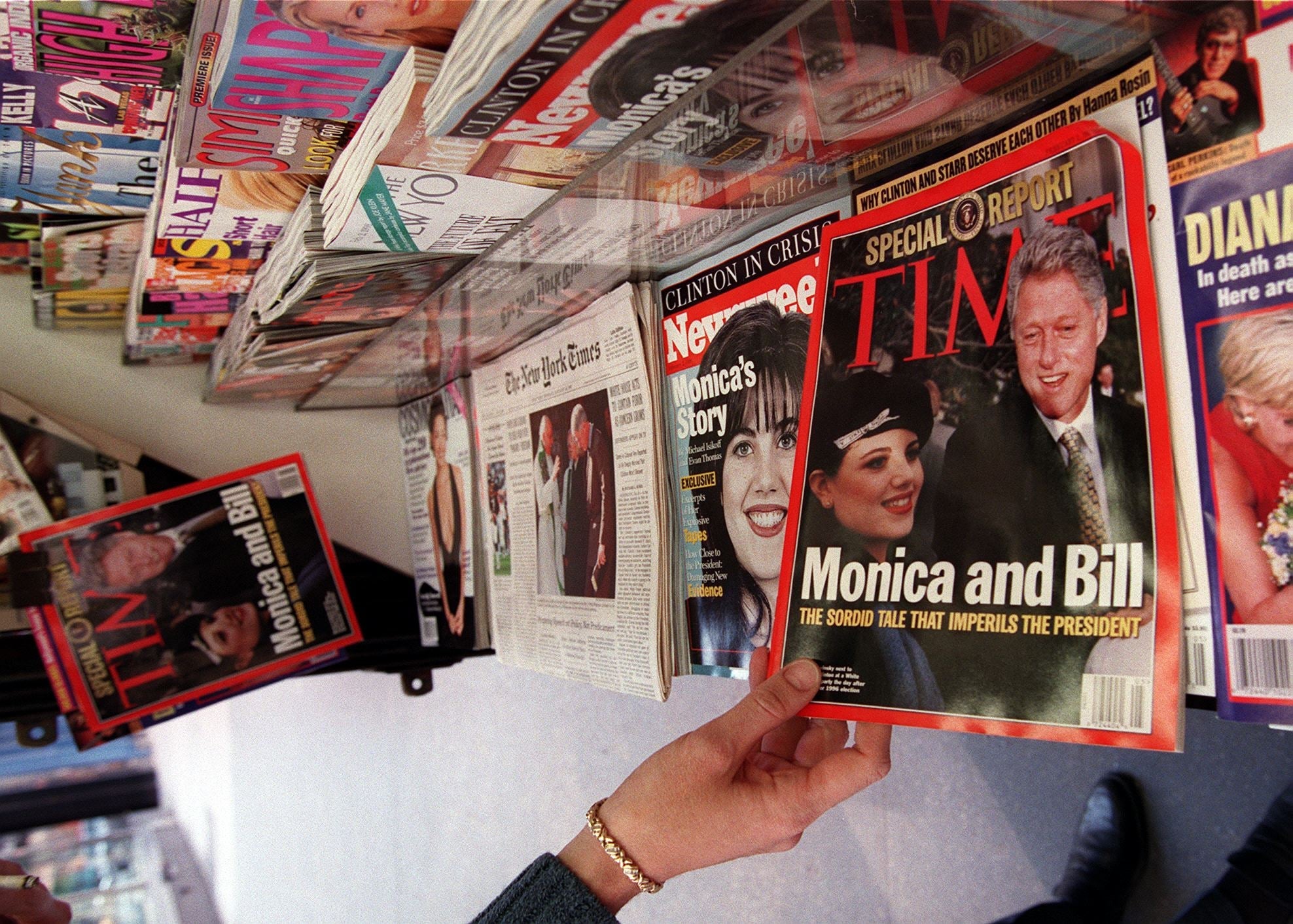Has cancel culture gone too far?
Withholding support and shaming someone online for a public misstep started as a good way to hold power to account, but, as Rose Stokes finds, it not only shuts down meaningful debate, but ruins people’s lives

On Friday 21 February, Rishi Sunak, the new chancellor of the exchequer, posted a photo to his Twitter account in which he was making a cup of tea, using teabags from the clearly labelled Yorkshire Tea brand. The caption read: “Quick Budget prep break making tea for the team. Nothing like a good Yorkshire brew.” To the untrained eye, it was an innocuous enough tweet – British people love to drink tea, and the new finance minister was trying to connect with them – to be relatable. Unfortunately, for the Harrogate-based PR team of Bettys and Taylors, the parent company that owns the Yorkshire Tea label, the tweet was something much more – the flap of a butterfly wing that started a PR storm.
The social media avalanche was motivated by a misunderstanding: that this tweet was part of a sponsorship deal between the brand and Sunak – of the type we’ve become so accustomed to seeing on social media. But they were wrong. Within hours of the tweet, an angry mob of users were tweeting @YorkshireTea threatening to boycott the brand, using the tweet as evidence of its endorsement of the government and asking for verifications.
By the following Monday, the brand tweeted that it had been “a rough weekend” and appealed for users to “be kind” – and “remember there’s a human on the other end”.
Subscribe to Independent Premium to bookmark this article
Want to bookmark your favourite articles and stories to read or reference later? Start your Independent Premium subscription today.
Join our commenting forum
Join thought-provoking conversations, follow other Independent readers and see their replies